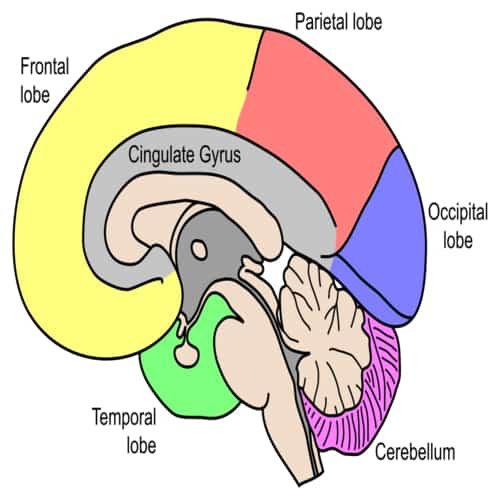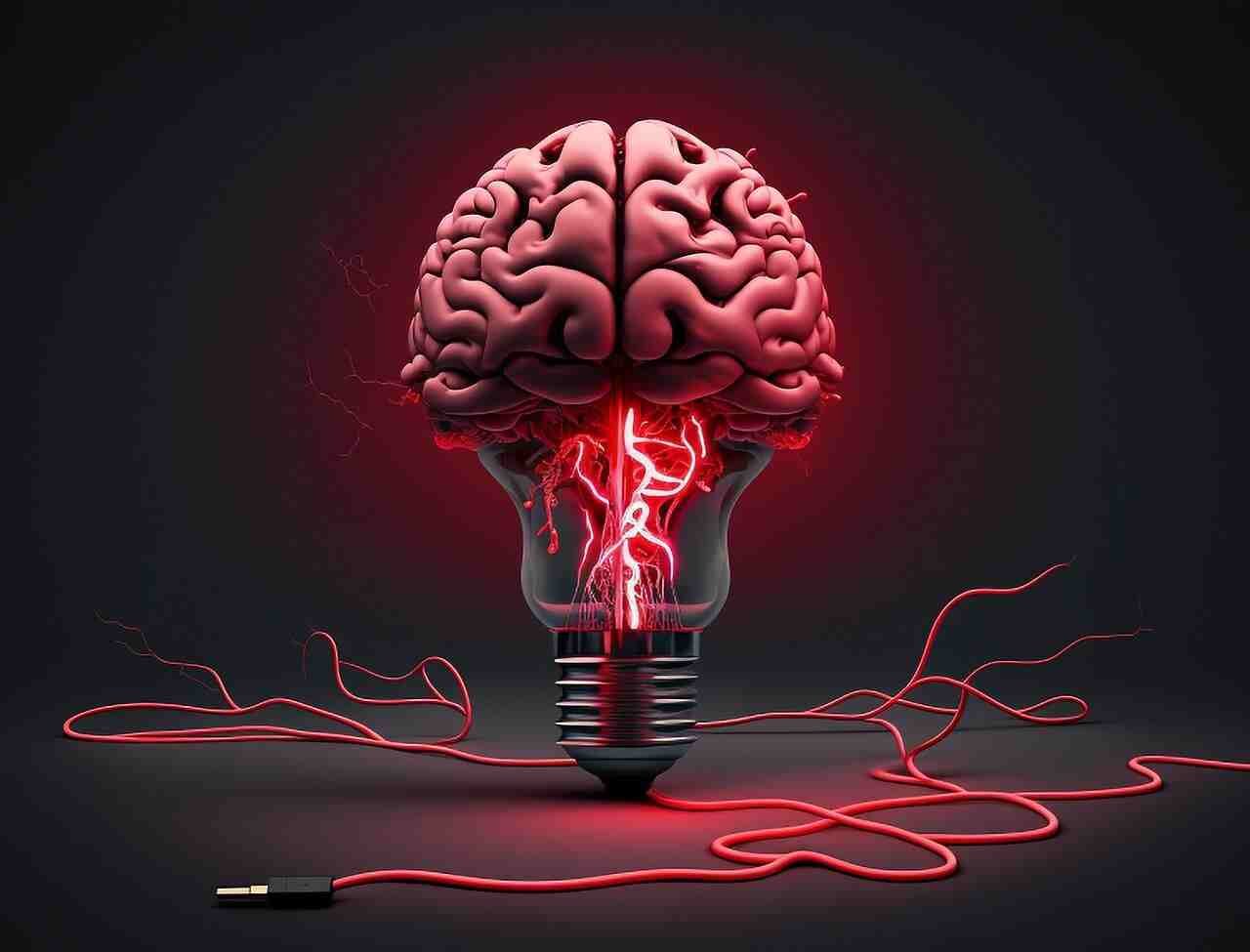Unlocking the Secrets of the Human Brain: A Guide to Cognitive Functioning
In the body, the boss is the brain! We use it to talk, move, think or dream, and even to sleep. In other words, the human brain never stops. However, do not believe that it acts alone: it would be nothing without neurons.
The human brain is the most complex and sophisticated organ in the body. It controls every aspect of our physical, emotional, and mental functioning. In this article, we will explore how the human brain works and ways to improve your cognitive function.
Neurons, the key to everything
When an external or internal event – an emotion for example – occurs, neurons connect to each other to process and store information. Stimulating your brain by remaining active and training regularly on one or more tasks therefore makes it possible to become more efficient. Indeed, neurons connect faster as they go, allowing information to be transmitted and processed more quickly.
Points:
- Overview of the human brain
- Different parts of the brain and their functions
- Ways to improve your cognitive function
Overview of the human brain
The human brain is made up of billions of nerve cells, called neurons. These neurons are connected to each other by synapses, which allow information to be transmitted throughout the brain. The brain is divided into two hemispheres, the right and left, which are connected by a bundle of nerve fibers called the corpus callosum.
- The human brain is protected by the skull and is divided into three major parts: the cerebrum, the brainstem, and the cerebellum.
- The cerebrum is the largest part of the brain and is responsible for conscious thought, sensation, and voluntary movement.
- The brainstem connects the brain to the spinal cord and controls vital functions such as breathing, heart rate, and blood pressure.
- The cerebellum is located underneath the cerebrum and is responsible for motor coordination and balance.
Read also: Brainwashing: Authoritarian Persuasion Techniques
Different parts of the brain and their functions
The brain is divided into several different parts, each of which has a specific function. The cerebral cortex is the outermost layer of the brain and is responsible for thinking, memory, and movement. The cerebellum is responsible for coordination of movement and balance. The brainstem is responsible for vital functions such as breathing and heart rate.
The cerebral cortex is divided into four lobes: the frontal, parietal, temporal, and occipital lobes.
The frontal lobe is responsible for decision-making, problem-solving, and motor function.
The parietal lobe is responsible for processing sensory information such as touch and spatial awareness.
The temporal lobe is responsible for processing auditory information and memory.
The occipital lobe is responsible for processing visual information.
The limbic system, located in the center of the brain, is responsible for emotions and memory.

NEUROtiker (CC BY-SA 3.0) Wikimedia Commons
Ways to improve your cognitive function
There are several ways to improve your cognitive function. Here are some examples:
- Exercise regularly: Exercise increases blood flow to the brain, which can improve cognitive function.
- Get enough sleep: Sleep is important for the consolidation of memories and cognitive function. Most adults need 7-9 hours of sleep per night.
- Eat a healthy diet: A healthy diet includes fruits, vegetables, whole grains, and lean protein can provide the brain with the nutrients it needs to function properly.
- Challenge your brain: Activities that challenge the brain, such as puzzles, brain games, puzzles, and learning new skills can improve cognitive function.
- Reduce stress: Stress can impair cognitive function, so finding ways to manage stress is important for maintaining cognitive health. Such as mindfulness meditation, yoga, or counseling can be beneficial.
Why do we lose our memory?
Fatigue, malnutrition, dehydration, deficiencies, stress or even trauma can cause memory problems, as can the consumption of certain substances, head shocks and certain illnesses. With age, moments of confusion can become more frequent. The brain may be less oxygenated.
Read also: Cingulate gyrus or cingulate cortex | Anatomy Location, Function and if Damaged?
The first solution to avoid forgetting is to make sure you concentrate on what you are doing, so that the brain can correctly register the information. The second technique consists of training and stimulating your neurons as much as possible, throughout life!
Improving your cognitive function is important for maintaining a healthy and active lifestyle. By understanding how the human brain works and implementing strategies to improve cognitive function, you can lead a more fulfilling and satisfying life.
Sources: PinterPandai, National Institutes of Health, Harvard Medical School, James Cook University (Australia)
Photo credit: Alexandra_Koch via Pixabay



